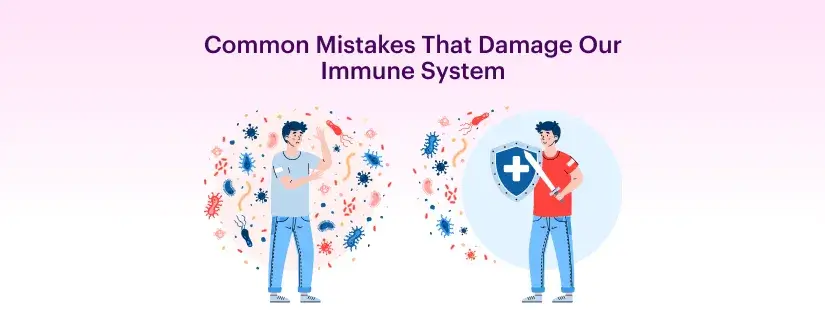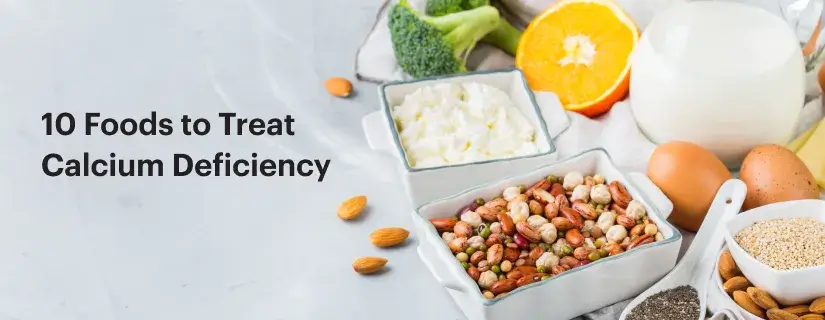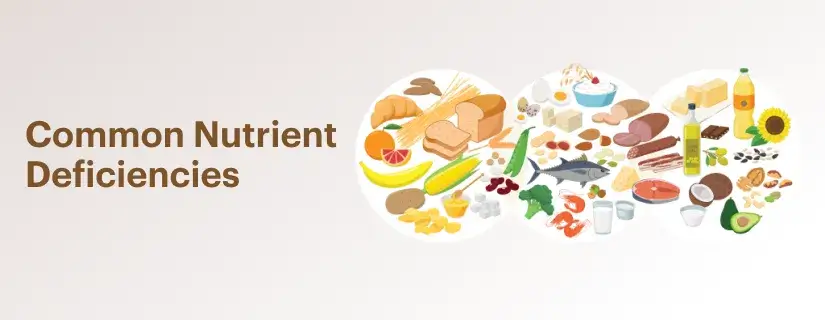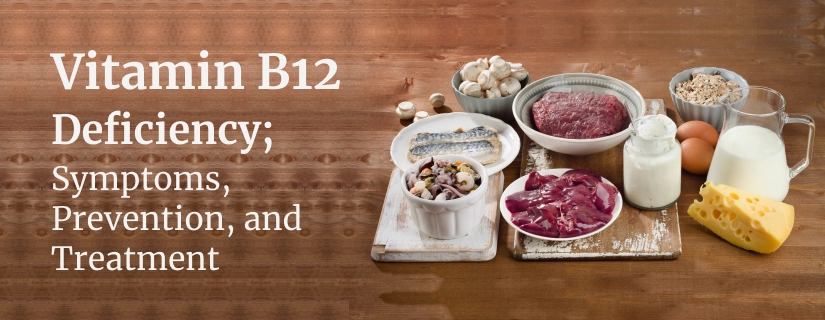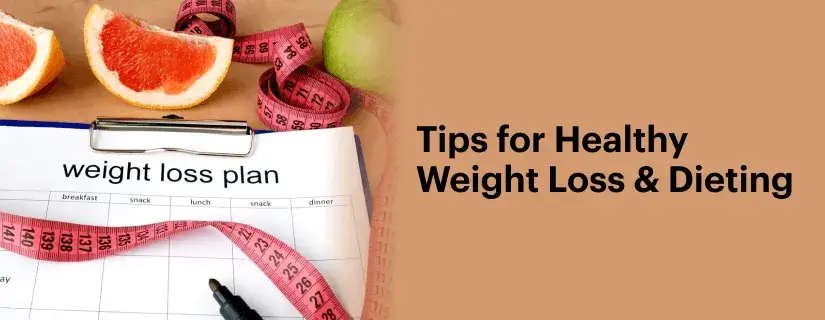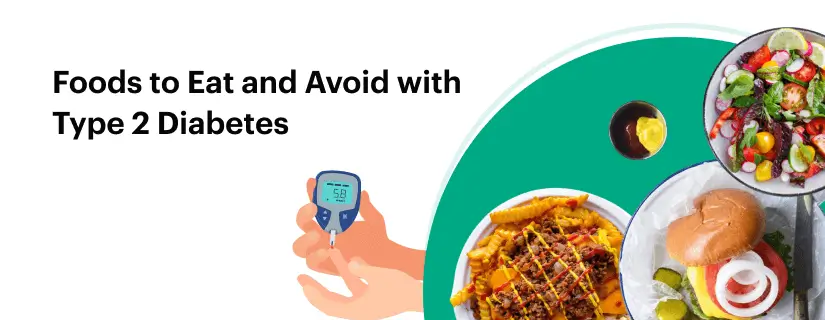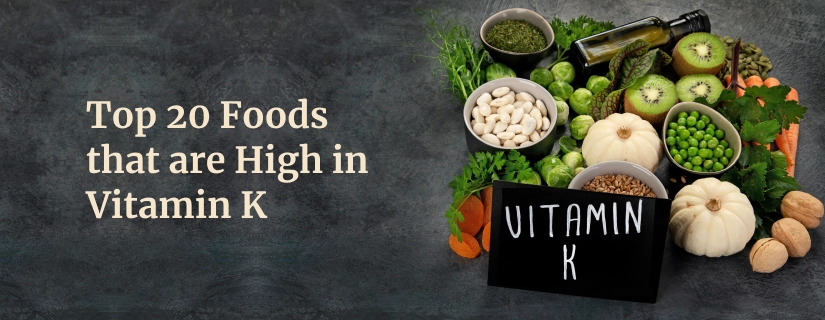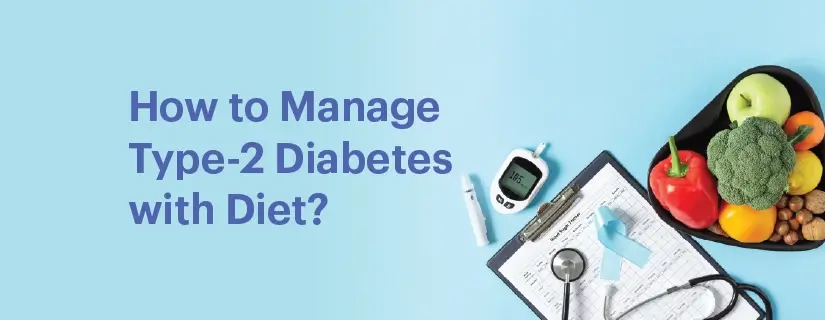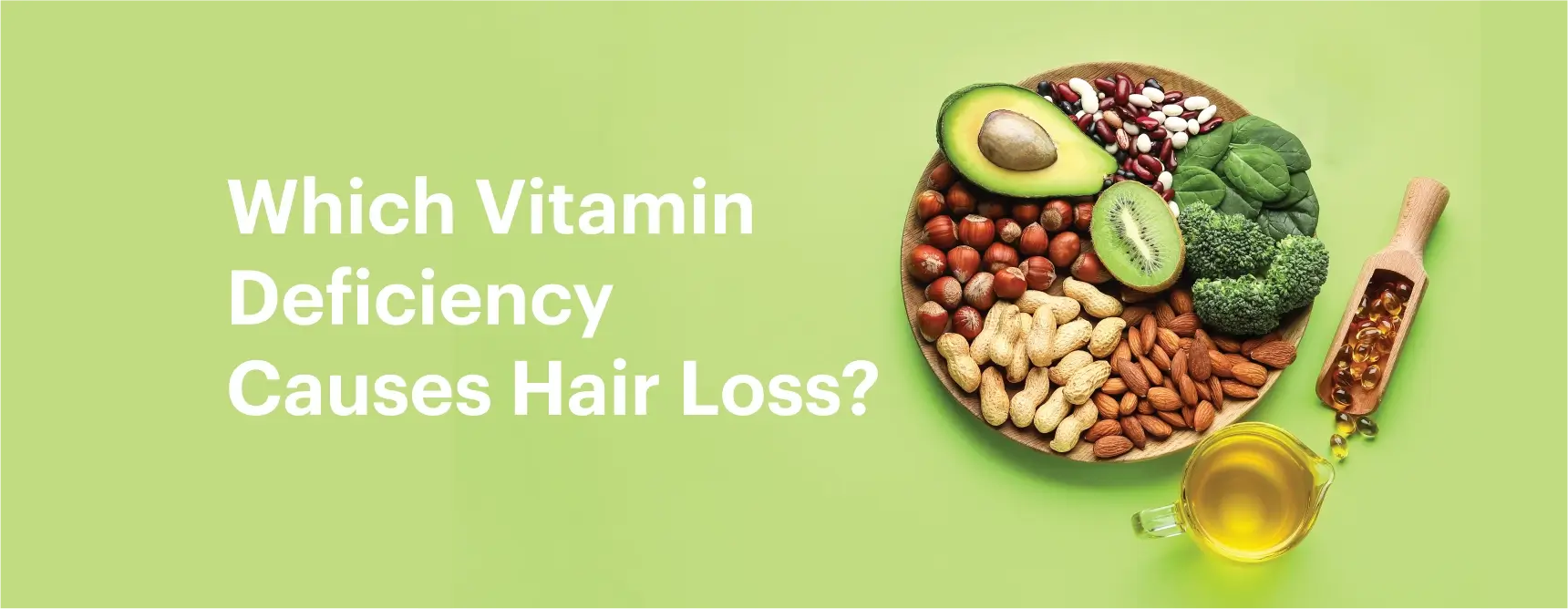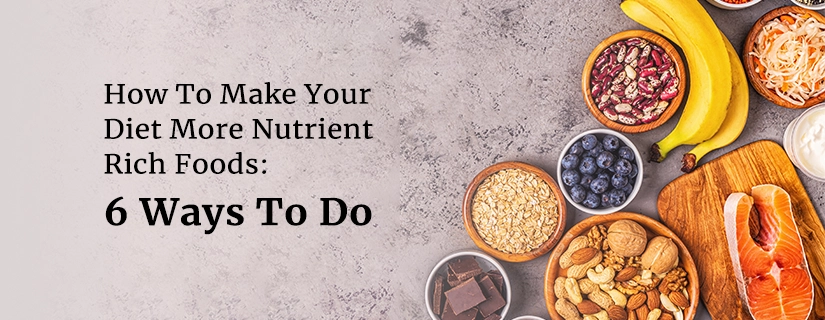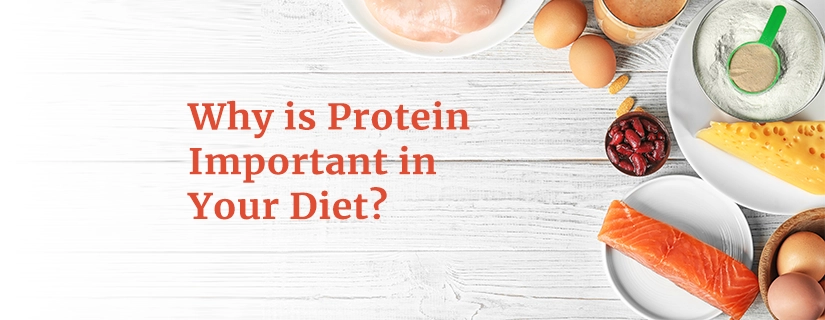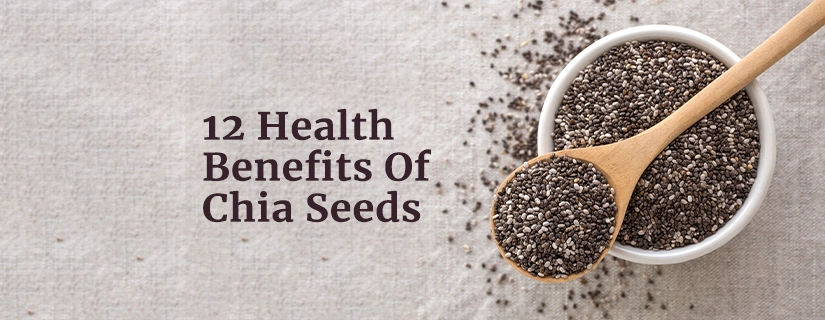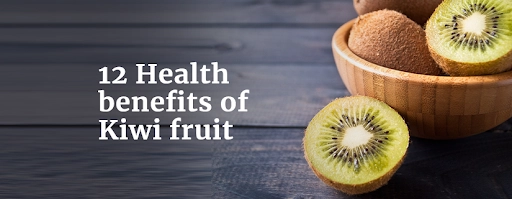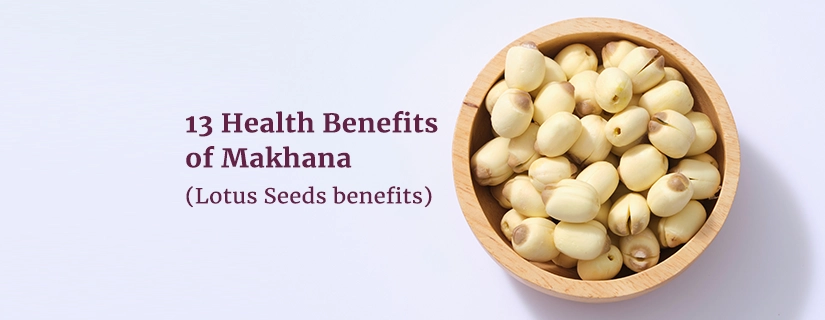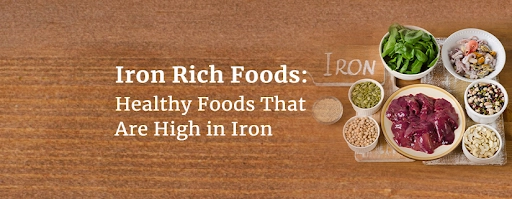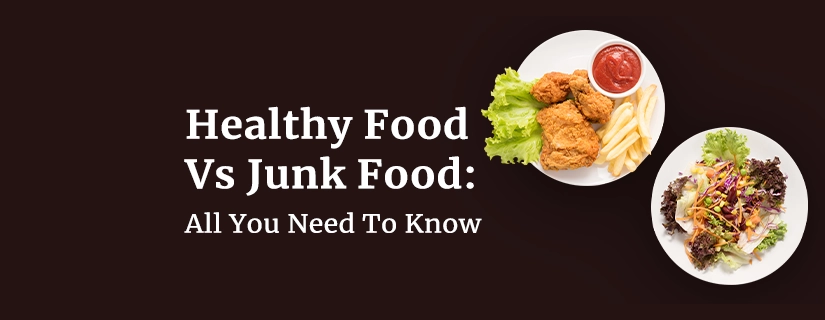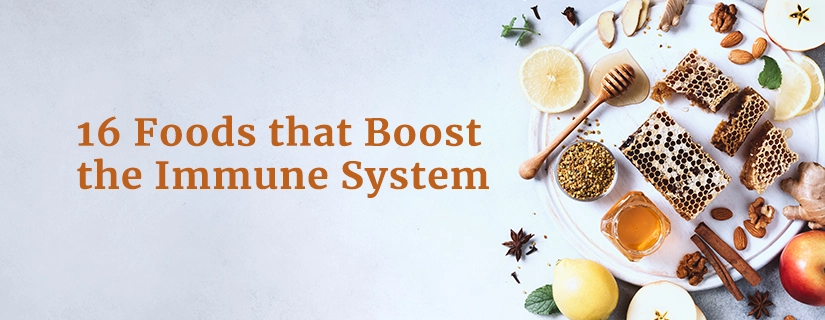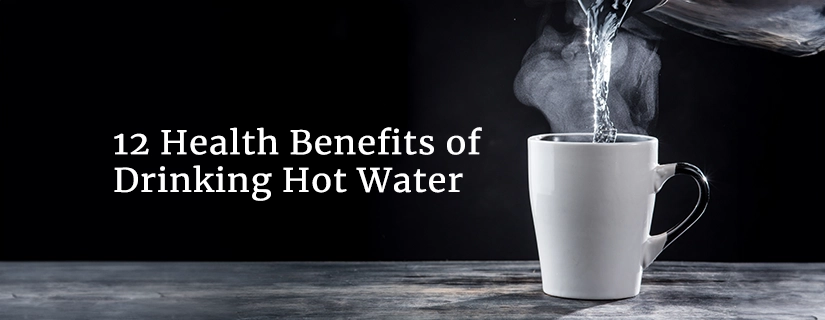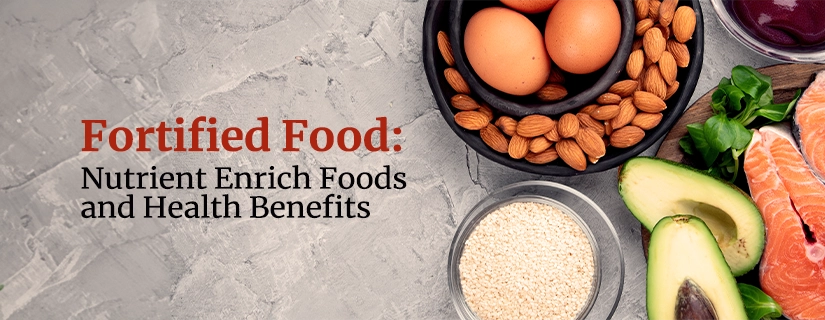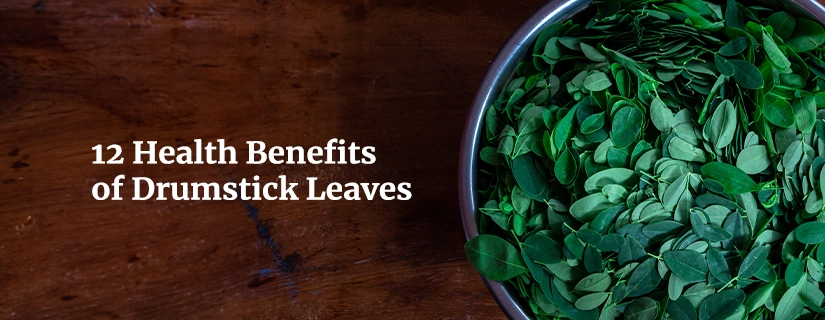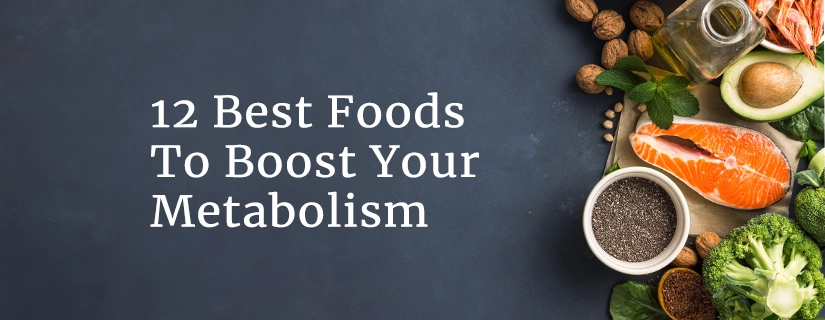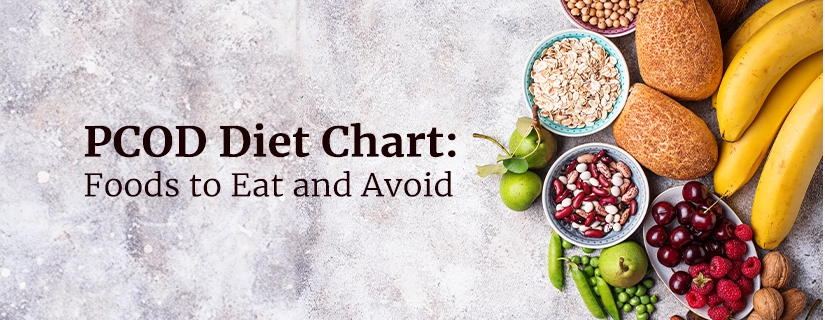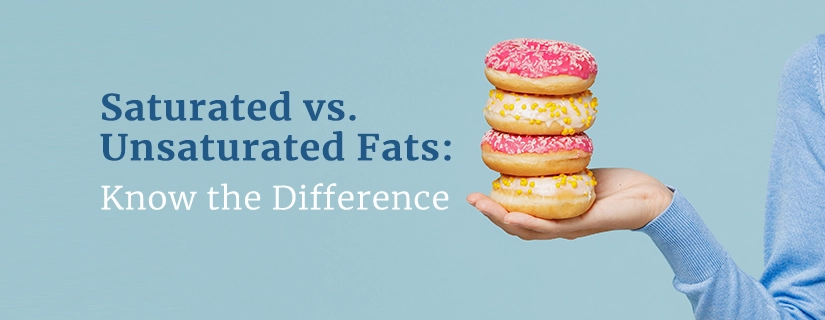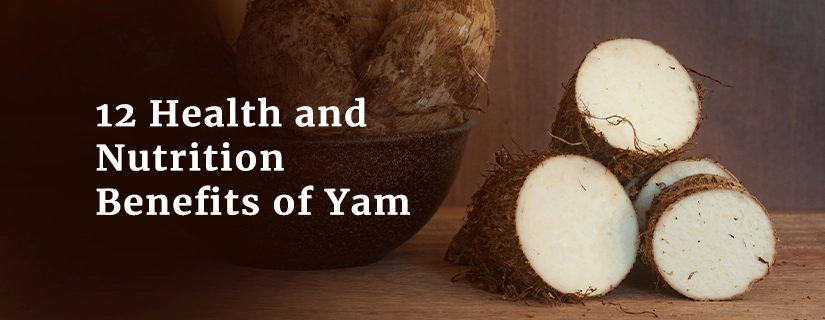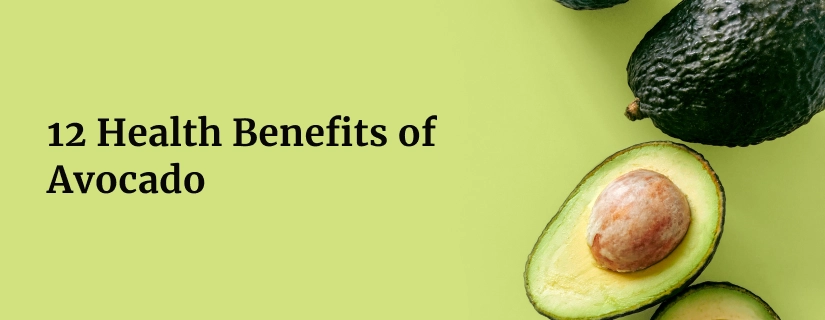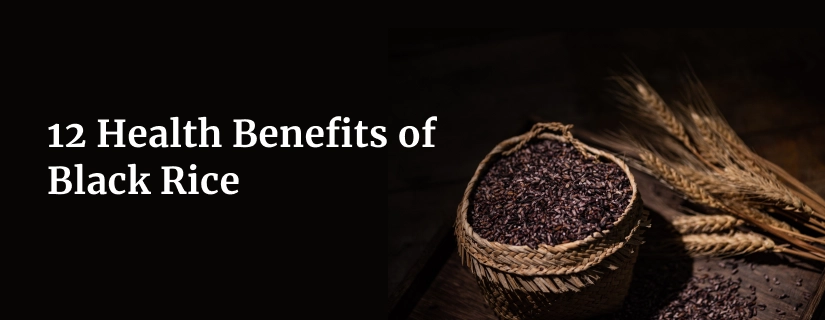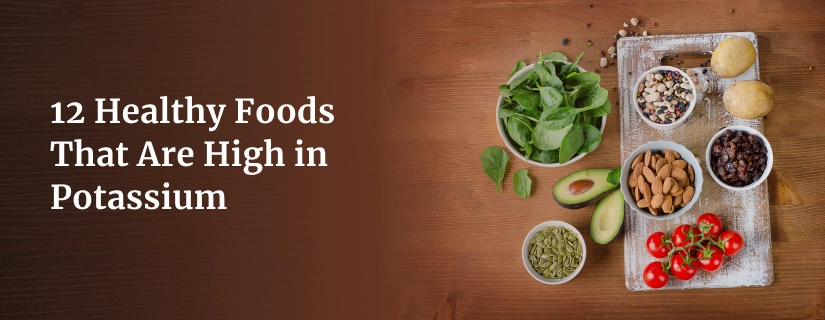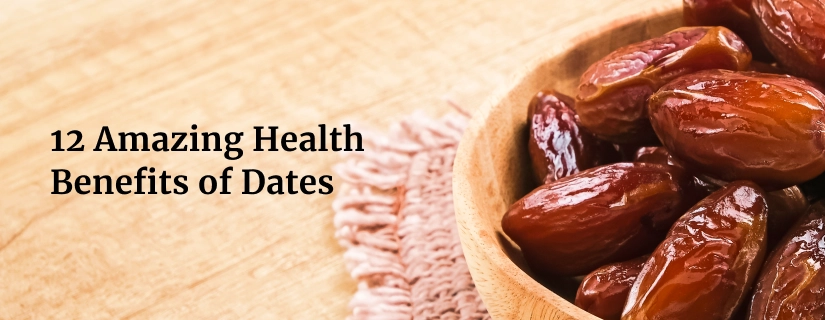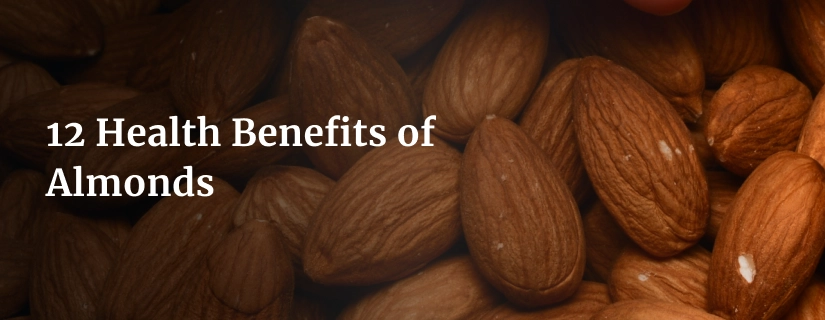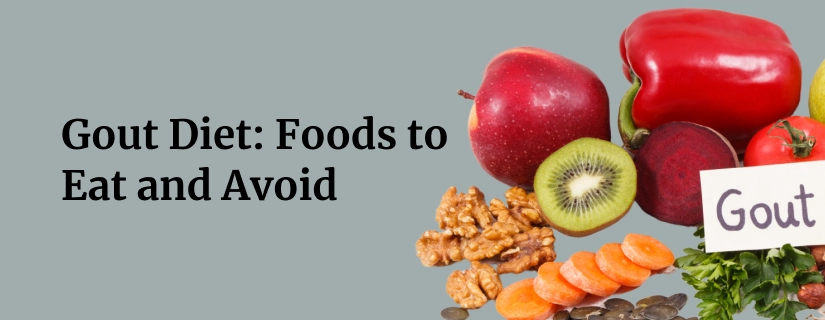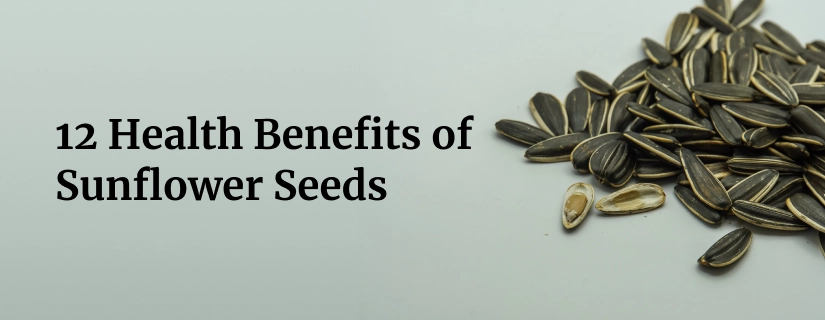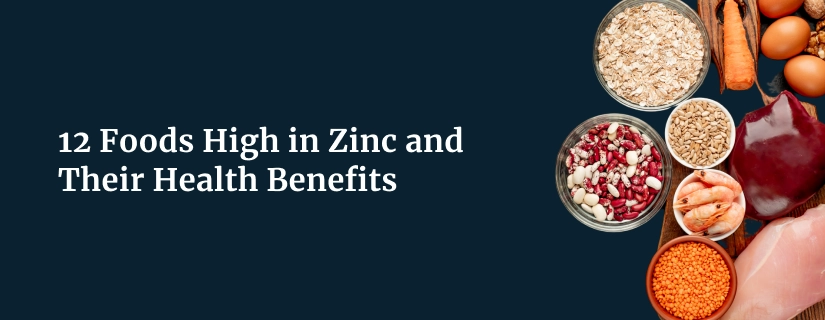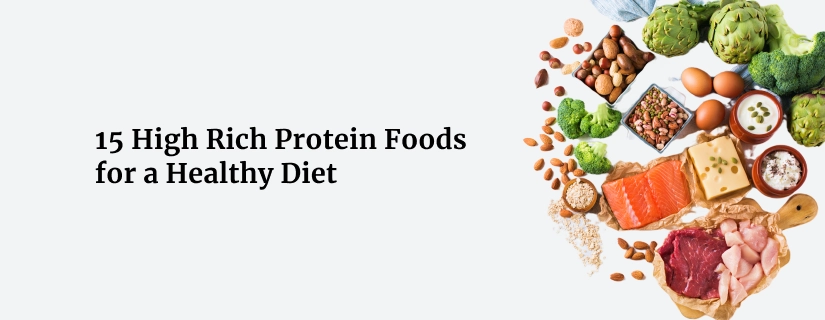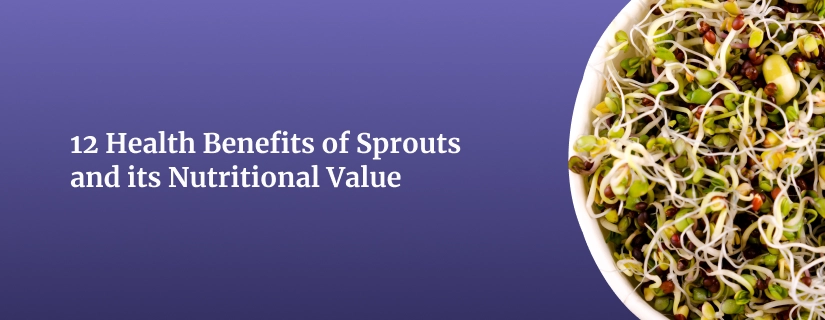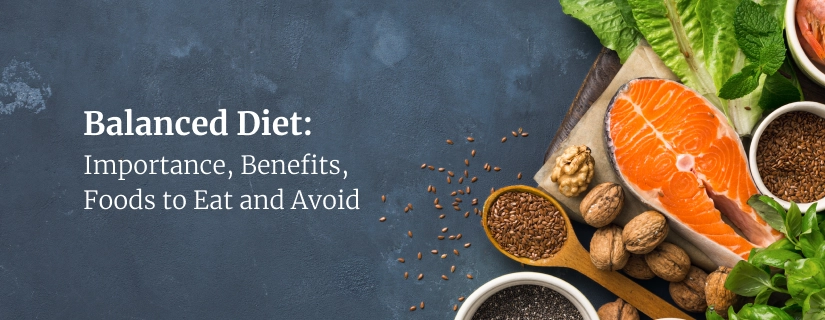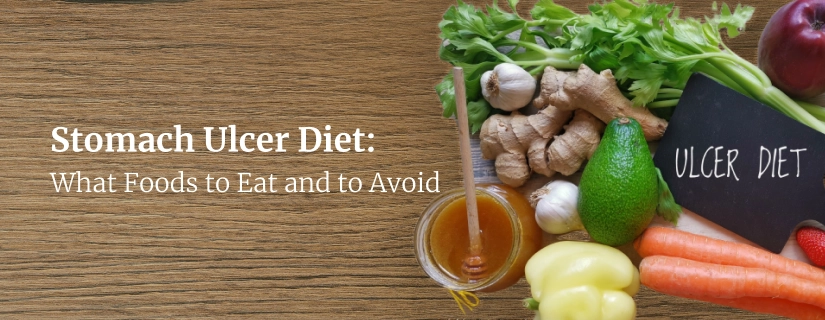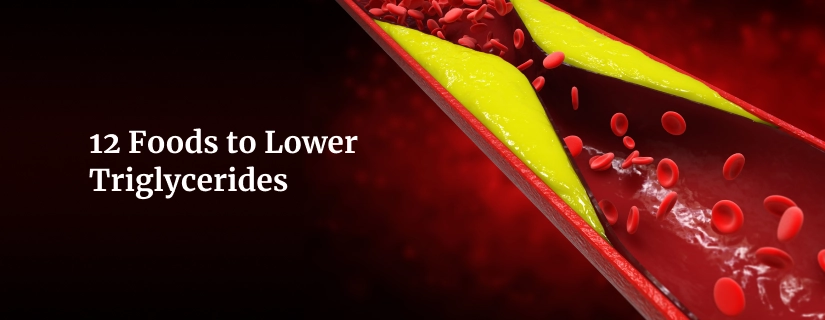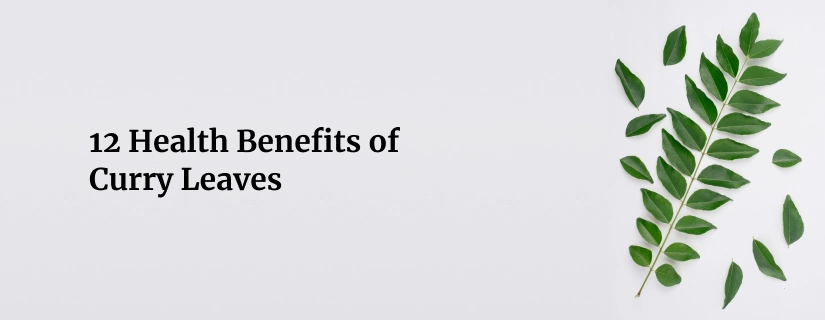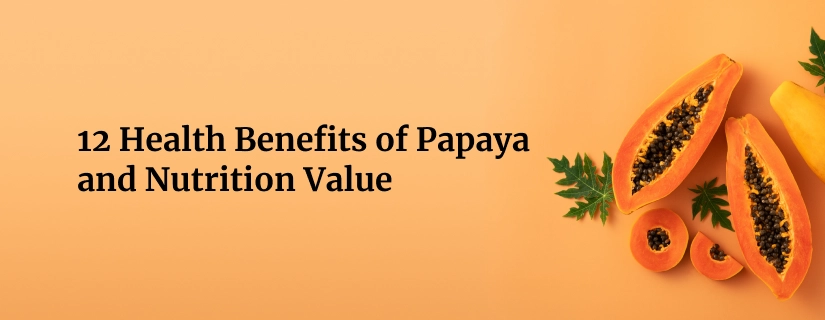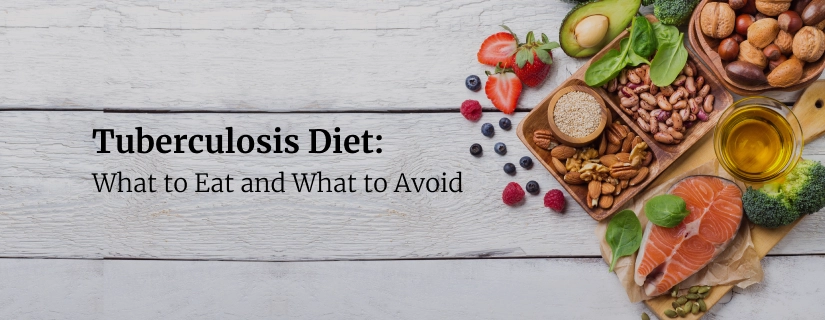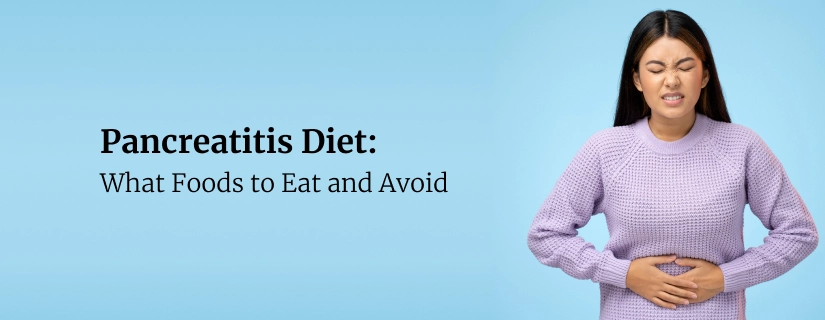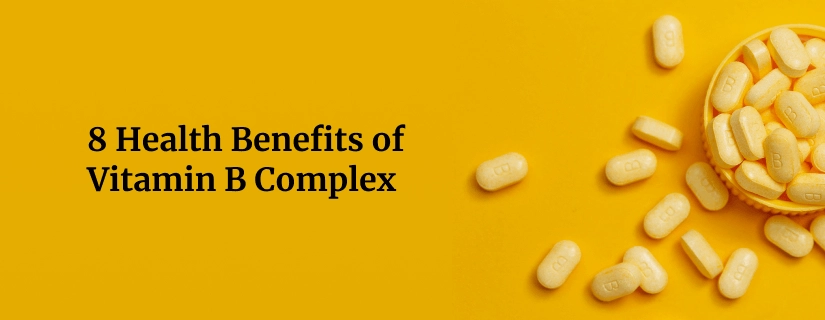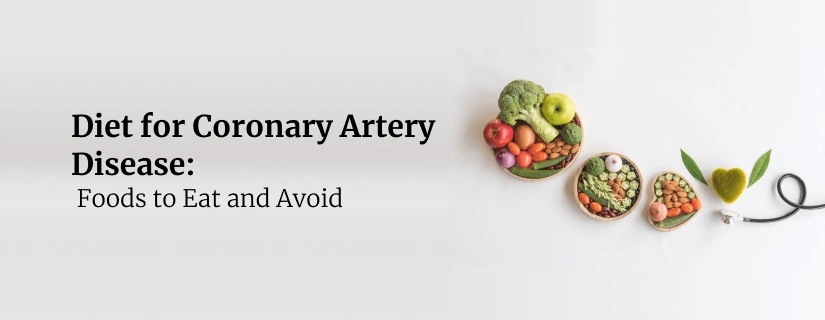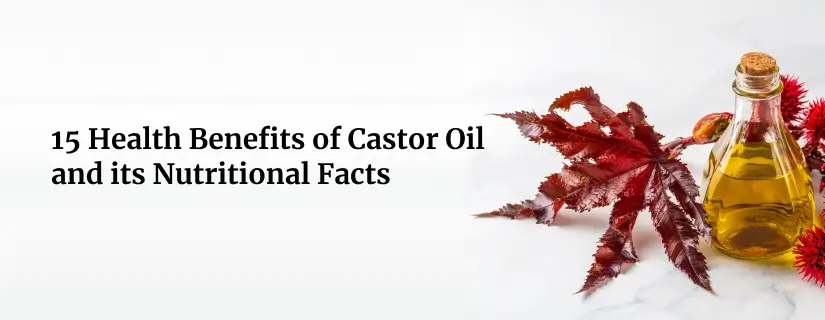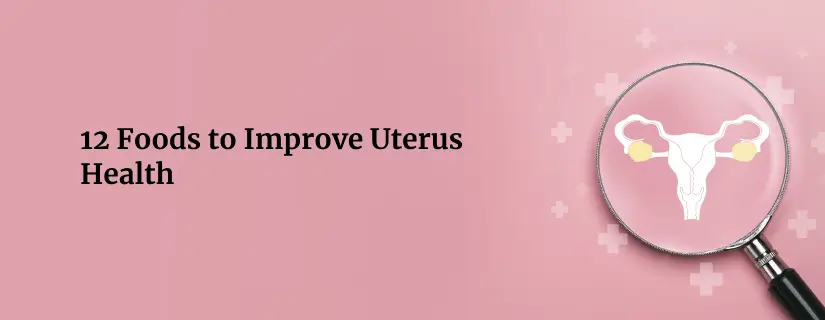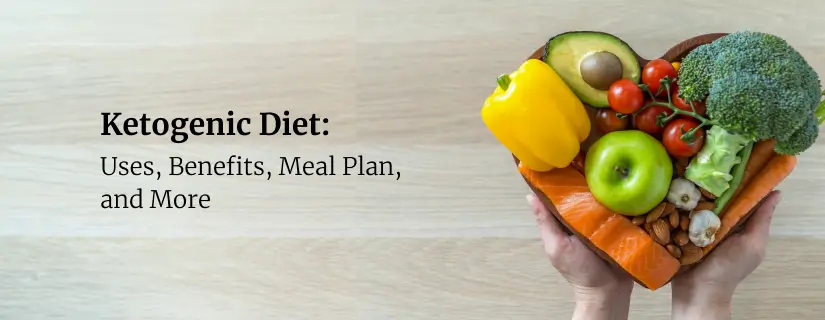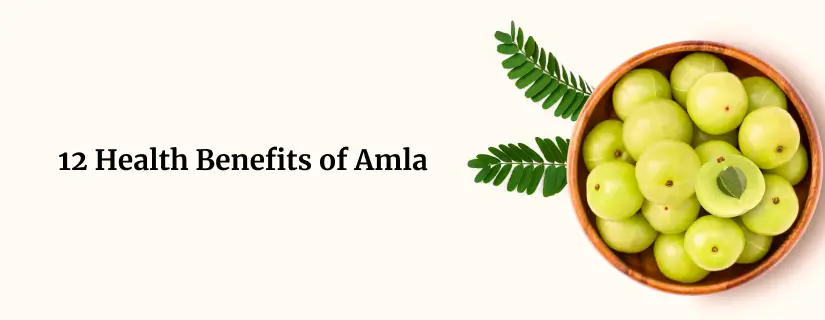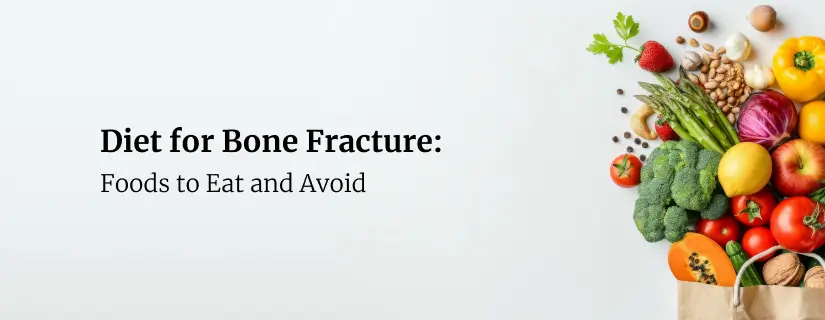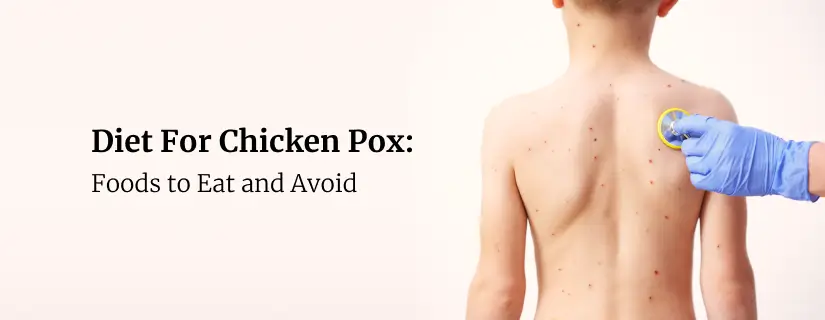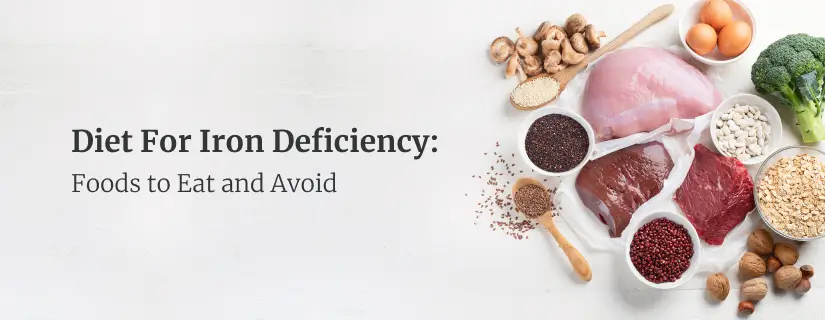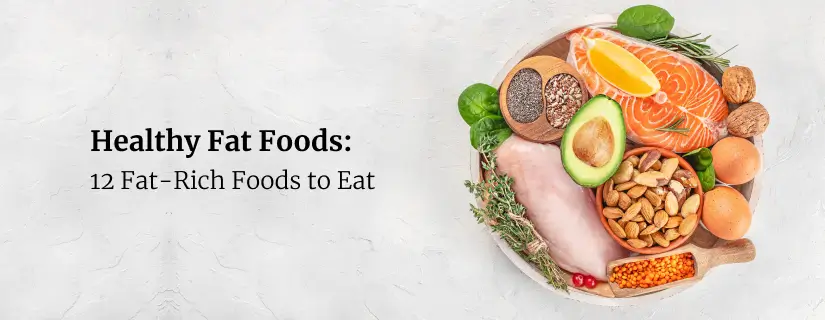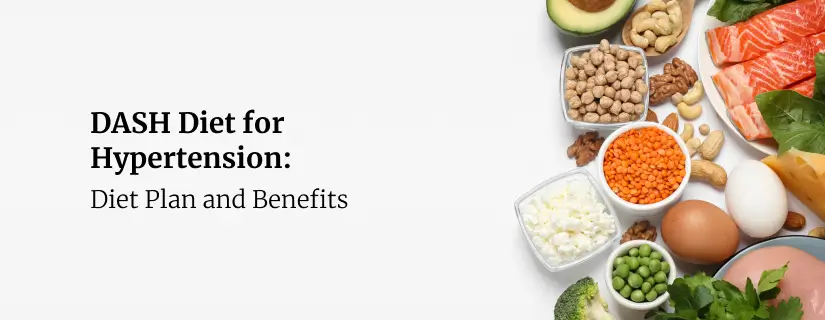-
Doctors
-
Specialities & Treatments
Centre of Excellence
Specialties
Treatments and Procedures
Hospitals & Directions HyderabadCARE Hospitals, Banjara Hills CARE Outpatient Centre, Banjara Hills CARE Hospitals, HITEC City CARE Hospitals, Nampally Gurunanak CARE Hospitals, Musheerabad CARE Hospitals Outpatient Centre, HITEC City CARE Hospitals, Malakpet
HyderabadCARE Hospitals, Banjara Hills CARE Outpatient Centre, Banjara Hills CARE Hospitals, HITEC City CARE Hospitals, Nampally Gurunanak CARE Hospitals, Musheerabad CARE Hospitals Outpatient Centre, HITEC City CARE Hospitals, Malakpet Raipur
Raipur
 Bhubaneswar
Bhubaneswar Visakhapatnam
Visakhapatnam
 Nagpur
Nagpur
 Indore
Indore
 Chh. Sambhajinagar
Chh. SambhajinagarClinics & Medical Centers
Book an AppointmentContact Us
Online Lab Reports
Book an Appointment
Consult Super-Specialist Doctors at CARE Hospitals
Zinc Deficiency: Signs and Symptoms, Causes, Treatment
Updated on 9 April 2025

Zinc plays a key role in over 300 essential bodily functions, yet millions worldwide suffer from zinc deficiency without realising it. This essential mineral supports immune system function, wound healing, and proper growth and development. This comprehensive guide explores zinc deficiency, its symptoms, causes, and treatment options. Readers will learn how to identify the signs of zinc deficiency, understand its risk factors, and discover effective methods to prevent and treat this common nutritional condition.
What is Zinc Deficiency?
Zinc deficiency occurs when the body lacks sufficient amounts of this vital mineral to perform its essential functions. This condition affects approximately two billion people in developing regions worldwide, making it a significant global health concern.
As an essential mineral, zinc serves multiple vital functions in the human body:
- Fighting infections and supporting immune functions
- Producing new cells and DNA
- Supporting wound healing
- Maintaining taste and smell sensations
- Promoting proper growth and development
- Assisting in reproductive health
The human body cannot store significant amounts of zinc, so it requires a regular diet or supplement intake. This makes maintaining adequate zinc levels particularly important for overall health and wellness.
Signs and Symptoms of Zinc Deficiency
The symptoms of zinc deficiency often develop gradually and can affect multiple body systems.
- Physical and Sensory Changes: The body shows various signs when zinc levels are insufficient:
- Hair loss and changes in hair texture
- Altered or reduced sense of smell and taste
- Brittle nails with white lines and horizontal grooves
- Slow-healing wounds and skin problems
- Unexplained weight loss and decreased appetite
- Digestive issues, including diarrhoea
- Cognitive and Developmental Impact: Zinc deficiency can affect neurological function, leading to:
- Declined cognition and learning abilities
- Reduced alertness and concentration
- Motor disorders in infants that may persist into adulthood
- Compromised Immune System: The immune system becomes particularly vulnerable when zinc levels are low. Individuals may experience increased susceptibility to infections and inflammations. Additionally, higher histamine release can make people more prone to allergies.
- Impact on growth: In children, zinc deficiency can have more severe consequences, potentially slowing growth and delaying sexual maturity. These symptoms might not be immediately apparent, and the deficiency could take several months to manifest.
Causes of Zinc Deficiency
Several factors can lead to insufficient zinc levels in the body, ranging from dietary choices to medical conditions. The primary causes include problems with zinc absorption from food and inadequate dietary intake. The following are some common zinc deficiency reasons:
- Health Conditions: Various systemic conditions can increase the risk of zinc deficiency, including:
- Gastrointestinal diseases like Crohn's disease
- Chronic kidney disease
- Liver disease
- Diabetes
- Sickle cell disease
- HIV infection
- Medications: Some medicines (thiazide diuretics, some antibiotics, and sodium valproate) can interfere with zinc absorption or increase its loss through urine. People undergoing hemodialysis or those with chronic diarrhoea may experience excessive zinc loss.
- Dietary and Lifestyle Factors: Plant-based diets can pose a higher risk as zinc from animal sources is better absorbed than from plant sources. Vegetarians and vegans may need to pay particular attention to their zinc intake. The presence of substances like phytates (found in legumes and whole grains) and oxalates (present in spinach and nuts) can decrease zinc absorption.
- Pregnancy and Lactation: They increase zinc requirements, with needs increasing up to twofold during these periods.
- Special Population Groups: Older adults face increased risk due to potentially limited food access and variety. Premature or sick newborns might experience zinc deficiency, mainly if their mothers had mild zinc deficiency during pregnancy.
How is Zinc Deficiency Diagnosed?
While several testing methods exist, getting an accurate diagnosis requires a comprehensive approach.
Blood plasma testing remains the primary diagnostic tool, though it requires specific collection procedures for accuracy.
Normal zinc levels typically range between 70 to 250 μg/dl for adults, with mild deficiency manifesting when values drop to 40 to 60 μg/dl. However, these tests may not provide reliable results for mild deficiency cases, making diagnosis more complex.
Key considerations in the diagnostic process include:
- Morning fasting samples for optimal accuracy
- Use of anticoagulants with low zinc concentration
- Proper handling and processing of blood samples
- Assessment of medical history and risk factors
- Evaluation of current symptoms
While urine tests and hair analysis are available options, they're generally considered less reliable for acute zinc deficiency assessment. The most effective approach combines laboratory testing with thoroughly evaluating the patient's medical history, dietary habits, and risk factors.
Zinc Deficiency Treatment
Treatment for zinc deficiency typically begins with oral supplementation under medical supervision.
- Supplements: For adults with mild deficiency, the standard treatment involves 20 to 40 mg of daily zinc supplementation, which often resolves clinical symptoms within 1-2 weeks. Pregnant and lactating women require 11 to 12 mg per day, while children's dosages vary by age:
- 3 mg/day for children under 4 years
- 5 mg/day for children 4-8 years
- 8 mg/day for children 9-13 years
- Dietary Modifications: Long-term management focuses on dietary changes. Doctors often recommend incorporating zinc-rich foods such as red meat, poultry, seeds, wheat germ, and wild rice. Vegetarians can obtain zinc through baked beans, cashews, peas, and almonds.
When to See a Doctor
Urgent Medical Attention is necessary if someone experiences:
Prevention
Preventing zinc deficiency starts with making smart dietary choices and maintaining healthy lifestyle habits.
- Dietary Choices: A well-balanced diet remains the cornerstone of zinc deficiency prevention. The most effective way to maintain adequate zinc levels is through consuming zinc-rich foods. People should include various sources in their daily diet:
- Red meat and poultry
- Oysters and seafood
- Seeds and wheat germ
- Wild rice
- Dairy products
- Baked beans and chickpeas
- For Vegetarians and Vegans: Those following plant-based diets need to pay special attention to their zinc intake. They should focus on consuming nuts, legumes, and whole grains. To enhance zinc absorption from plant sources, they can soak beans in water for a few hours before cooking them to reduce phytates that interfere with zinc absorption.
- Lifestyle Modifications: Beyond dietary changes, several lifestyle adjustments can help prevent zinc deficiency.
- Limiting alcohol consumption helps improve zinc absorption
- Maintaining good gut health through fibre-rich foods and fermented products
- Pregnant and breastfeeding women require special attention to zinc intake, as their needs increase significantly during these periods. Doctors often recommend an additional 3 mg of zinc daily during pregnancy to support proper foetal development.
Conclusion
Maintaining proper zinc levels starts with awareness and continues through consistent dietary choices. Whether through careful meal planning or supervised supplementation, everyone can take steps to prevent zinc deficiency. Most people achieve success through simple dietary adjustments, while others might need additional support through supplements and regular monitoring.
Remember that zinc deficiency, though serious, responds well to proper treatment. Quick action upon noticing symptoms, coupled with professional medical guidance, usually leads to positive outcomes.
FAQs
1. What happens if zinc is low in the body?
When zinc levels drop, multiple body systems are affected. People may experience unexplained weight loss, decreased sense of smell and taste, and poor immune function. The body struggles to produce healthy new cells, leading to delayed wound healing and skin problems.
2. Can low zinc make you sick?
Zinc deficiency can compromise the immune system, making individuals more susceptible to infections. People with low zinc levels often experience an increased frequency of illnesses and may develop chronic diarrhoea. The body's ability to fight infections becomes significantly impaired.
3. How can I improve my zinc levels quickly?
The fastest way to boost zinc levels is through a combination of dietary modifications and supplements under medical supervision. Foods highest in zinc include:
- Red meat and poultry
- Seafood
- Whole grains
- Legumes
- Dairy products
4. What disease is caused by a lack of zinc?
Zinc deficiency can lead to various health conditions, particularly affecting growth, immune function, and skin health. In severe cases, it may cause acrodermatitis enteropathica, a rare disorder affecting zinc absorption. The condition particularly impacts growth in children and can delay sexual development.
5. Who is at risk for zinc deficiency?
Several groups face higher risks of developing zinc deficiency:
- Pregnant and breastfeeding women
- People with digestive disorders
- Vegetarians and vegans
- Older adults
- People with alcohol use disorder
6. What food is highest in zinc?
Oysters contain the highest zinc concentration among all foods, providing 74.1 milligrams in a 3-ounce serving. Other excellent sources include:
- Crab (6.48 mg per 3 ounces)
- Beef chuck roast (8.44 mg per 3 ounces)
- Lobster (6.18 mg per 3 ounces)
- Chickpeas (1.5 mg per 100 gms)

ENQUIRY FORM
SELECT CATEGORIES
-
Neurosciences (16)
-
Neurology (37)
-
Neurosurgery (14)
-
Orthopaedics (48)
-
Oncology (33)
-
Obstetrics and gynecology (51)
-
Pulmonology (23)
-
Urology (20)
-
Nephrology (13)
-
Psychiatry (7)
-
Dietetics and Nutrition (111)
-
General Medicine (63)
-
Cardiac Sciences (30)
-
Vascular & Endovascular Surgery and Interventional Radiology (10)
-
Gastroenterology (46)
-
Endocrinology (23)
-
Plastic Surgery (10)
-
Critical Care Medicine (5)
-
COVID-19 (16)
-
Dermatology (16)
-
Emergency Care (1)
-
Ophthalmology (4)
-
Pediatrics (14)
-
Laparoscopic and Bariatric Surgery (8)
-
ENT (15)
-
Kidney Transplant (1)
-
Liver Transplantation and Hepatobiliary Surgery (5)
-
General Surgery (3)
-
Internal Medicine (5)
-
Medicine Information
12 Health Benefits of Eating Mushrooms
YOU MAY ALSO LIKE
RECENT BLOGS
-

Direct Anterior Approach in Total Hip Replacement: Advantages and Challenges
10 April 2025
Read More
-

Zinc Deficiency: Signs and Symptoms, Causes, Treatment
9 April 2025
Read More
-

Chest Pain When Coughing: Causes, Treatment and Home Remedies
9 April 2025
Read More
-

12 Health Benefits of Eating Mushrooms
8 April 2025
Read More
-

7 Health Benefits of Blood Donation You Should Know About
8 April 2025
Read More
-

Implantation Bleeding Vs Periods: Know the Difference
28 February 2025
Read More
-

Bloating During Ovulation: Symptoms, Causes and Remedies
28 February 2025
Read More
-

Itching During Dengue: Causes, Treatment and Home Remedies
18 February 2025
Read More
Have a Question?
If you cannot find answers to your queries, please fill out the enquiry form or call the number below. We will contact you shortly.




